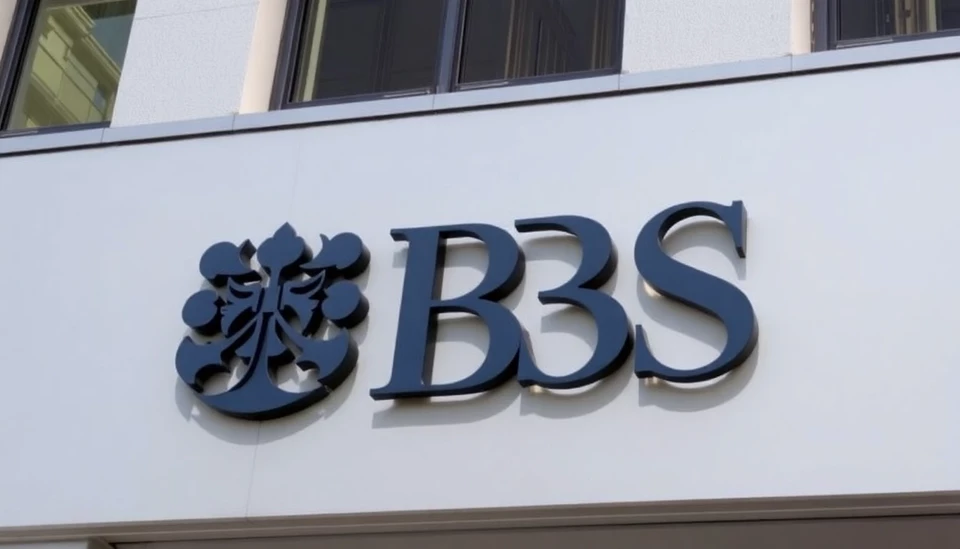
In a notable trend emerging within the realm of financial investment, family offices, which manage private wealth for affluent individuals and families, are indicating a strong intention to enhance their allocations towards private credit. According to recent insights shared by PGIM, the investment management arm of Prudential Financial, this strategic pivot is largely driven by the current volatility in traditional markets and the quest for stable returns amid uncertain economic conditions.
The ongoing economic landscape, marked by fluctuating interest rates and inflationary pressures, is compelling family offices to seek alternative investment vehicles. Private credit has evolved significantly over the years, offering not just higher yields compared to traditional fixed-income assets but also an appealing illiquidity premium. The reports suggest that family offices are finding the potential for increased returns in private credit appealing, especially when juxtaposed with the unpredictable performance of public markets.
As the demand for diversification grows, family offices are expected to redirect more capital towards private credit funds, which serve as a means of debt financing to companies without relying on traditional banks. This method not only provides borrowers with crucial capital but also positions investors to benefit from higher interest rates, thus enhancing their overall investment portfolio's yield.
PGIM's findings underscore a broader shift in investment philosophy among ultra-wealthy families. The insights reveal that family offices are increasingly driven by a desire for direct investments rather than passing through intermediaries. This shift is indicative of a strategic move towards assets that offer greater control and visibility over investments, which can be crucial during economic downturns.
Furthermore, the firm highlighted that family offices are likely to favor private equity as well, notably strategies that target sectors poised for growth, such as technology and healthcare. These sectors are viewed as more resilient against economic fluctuations, thereby reinforcing the argument for reallocating investment portfolios towards alternative asset classes, including private credit.
In summary, the trends identified by PGIM suggest an impending rise in private credit investments as family offices adapt their strategies to navigate turbulent financial waters. This evolution reflects a significant rethinking of investment priorities, with a focus on achieving enhanced returns while mitigating risks associated with traditional markets.
As this shift unfolds, it will be interesting to see how individual family offices implement their strategies and which specific areas within private credit they prioritize. This growing enthusiasm for private credit may also attract institutional investors seeking similar benefits in a rapidly evolving investment landscape.
In conclusion, as the financial environment continues to change, family offices are not just spectators but active participants, recalibrating their investment approaches to secure a more stable and lucrative financial future.
#PrivateCredit #FamilyOffices #InvestmentStrategy #PGIM #FinancialNews #AlternativeInvestments #WealthManagement
Author: Victoria Adams




